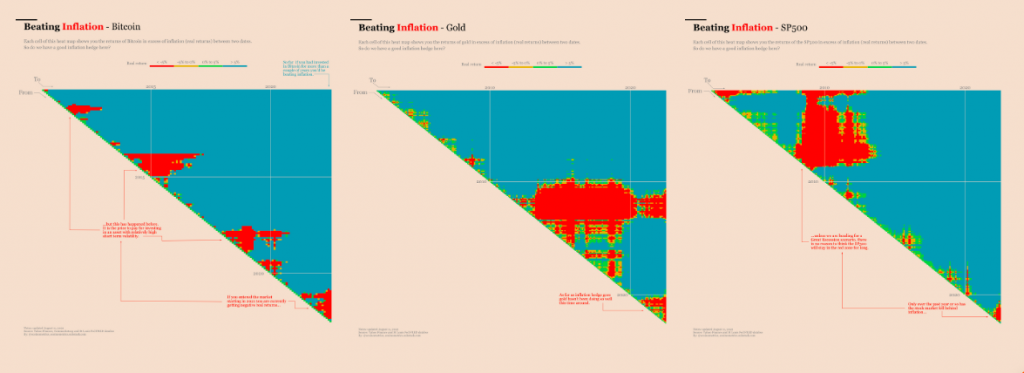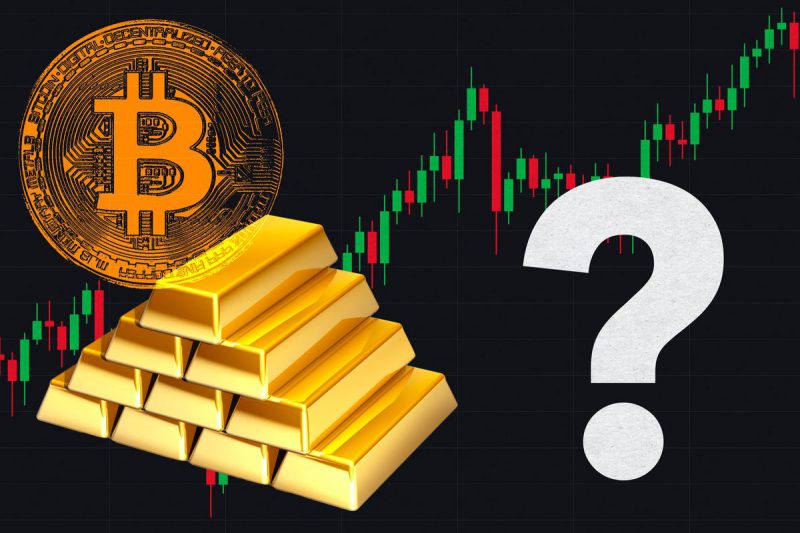The macroeconomic landscape remains to be unstable. Over the last couple of weeks, the CPI numbers of a host of nations were revealed. In the US, for instance, the inflation figure stood at an eased out 8.5%. However, the same remains to be at historically high levels, and that is not a very encouraging sign for investors. In fact, even Canada seems to be in the same boat, for its reduced rate of 7.6% was the highest recorded rate since January 1983.
UK’s inflation numbers, however, stand at a 40-year high currently [10.1%], while that of the Eurozone’s is at a 25-year peak [8.9%]. In fact, even in Asian countries like China, consumer inflation continues to rise.
Alongside, in major countries like the US and China, the real-estate sub-economy is in a fix. Per reports, US mortgage lenders are “starting to go broke.” Per Bloomberg,
“The US mortgage industry is seeing its first lenders go out of business after a sudden spike in lending rates, and the wave of failures that’s coming could be the worst since the housing bubble burst about 15 years ago.”
In China, on the other hand, housing markets are of course ‘on fire,’ but banks are also ‘on the verge of collapse’. Mortgage defaults have been accelerating, as buyers are refusing to pay back loans for incomplete properties leading to a rise in banks’ and companies’ bad debts.
In fact, crypto investor Lark Davis pointed out that it can take upto 146 years to pay off for a house in China’s most expensive districts. Notably, 75% of Chinese wealth is tied up in property, while the remaining is only dedicated to stocks and bonds. Opining on the same, Davis said,
“… the average citizen is DEEPLY exposed to a bubble pop… If China’s property market collapses the fallout could be as bad as or worse than 2008. China is an integral part of the global economy. What happens there will affect everyone.”
So, with question marks all across the board, it is essential for the average investor to know where to allocate funds in order to shield them from inflation and other uncertainties.
Now, let’s hypothetically assume that inflation is at 9% and you have $100k with you. This means, your purchasing power would have dropped down to $91k by the end of the first year, and $83k by the end of the second year. Similarly, by compounding, the number will reach $47k, by the end of the 8th year.
So, for an asset to act like a hedge, it should grow faster than the CPI over the same period. Delving a little in the past to understand how different assets have been performing could give us a rough idea as to which would be a better pick at this point.
Bitcoin, stocks, gold: Which asset class can shield funds?
Over the long term, Bitcoin has been able to deliver returns to its investors. 10 years back, for instance, Bitcoin merely had a single-digit valuation. Now, even though we’re in a bear market, long-term HODLers are not underwater.
In fact, per Ecoinometrics,
“… so far, if you have invested in Bitcoin over a period of more than a few years you have managed to stay ahead of inflation.”
Stocks have also been delivering in a similar fashion. In fact, per Ecoinometrics analysis, if you invested in S&P500 stocks in the period from 2020 up to early 2021, “you are good.” However, investors who stepped into the stock market after that, are “losing out” to inflation.
Gold, on the other hand, gold hasn’t faring better than other asset classes over the last couple of years. And per the newsletter,
“… so far it [gold] doesn’t look like a great inflation hedge.”


Even though there are drawbacks over the short-term, looks like equity and Bitcoin remain to be the go-to assets to beat the macro-rise in prices. The newsletter concluded by stating,
“If you want investments that will beat inflation over the long term, betting on risk assets such as Bitcoin or the stock market remains the way to go.”





